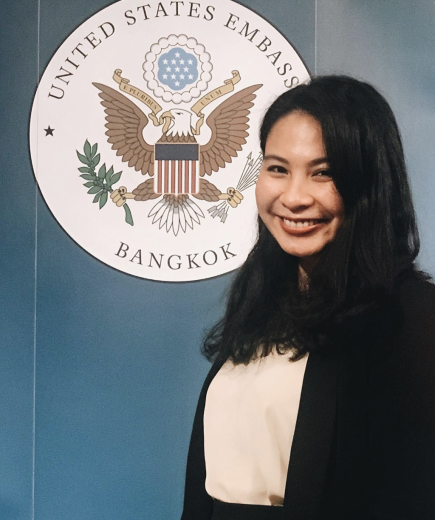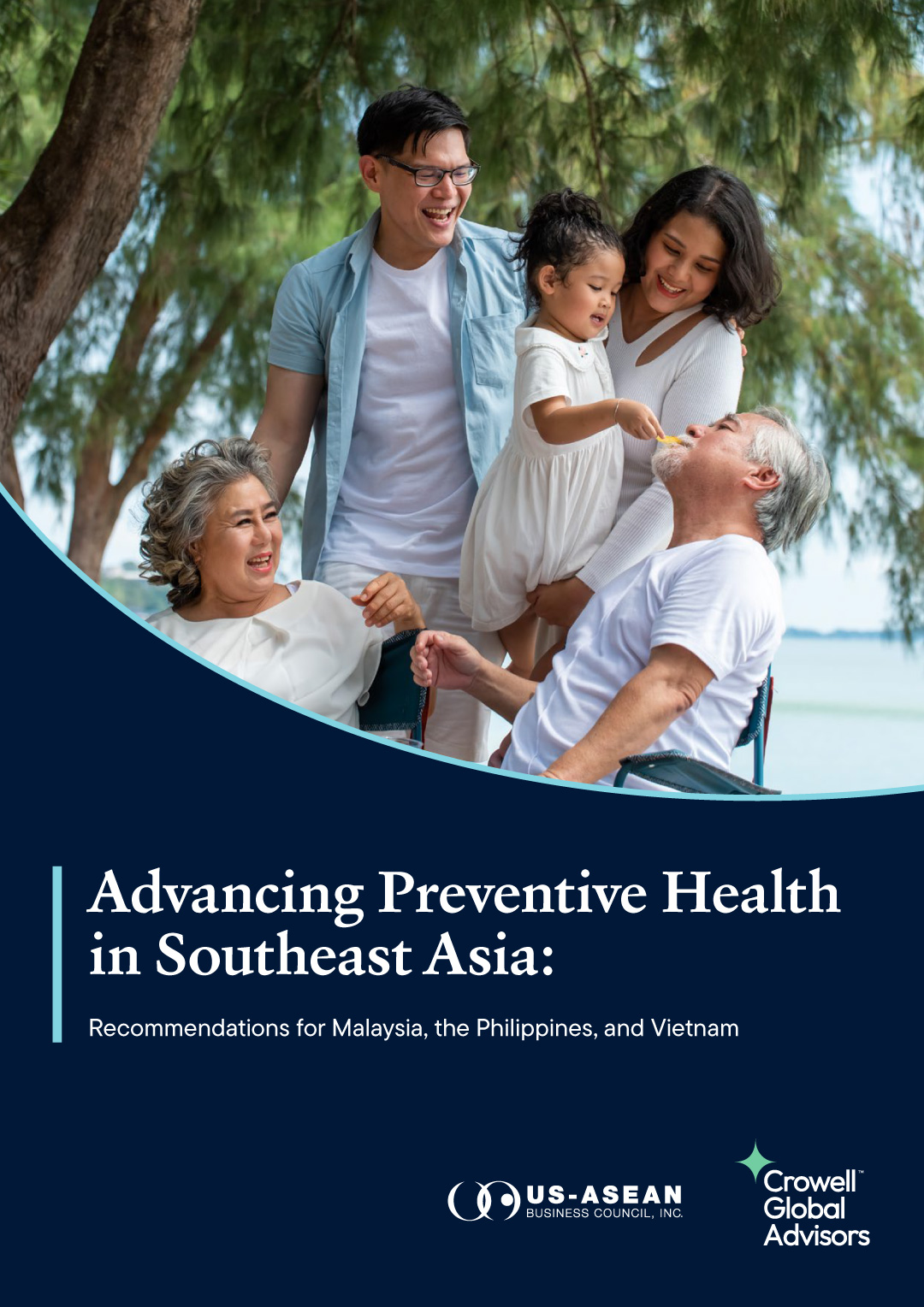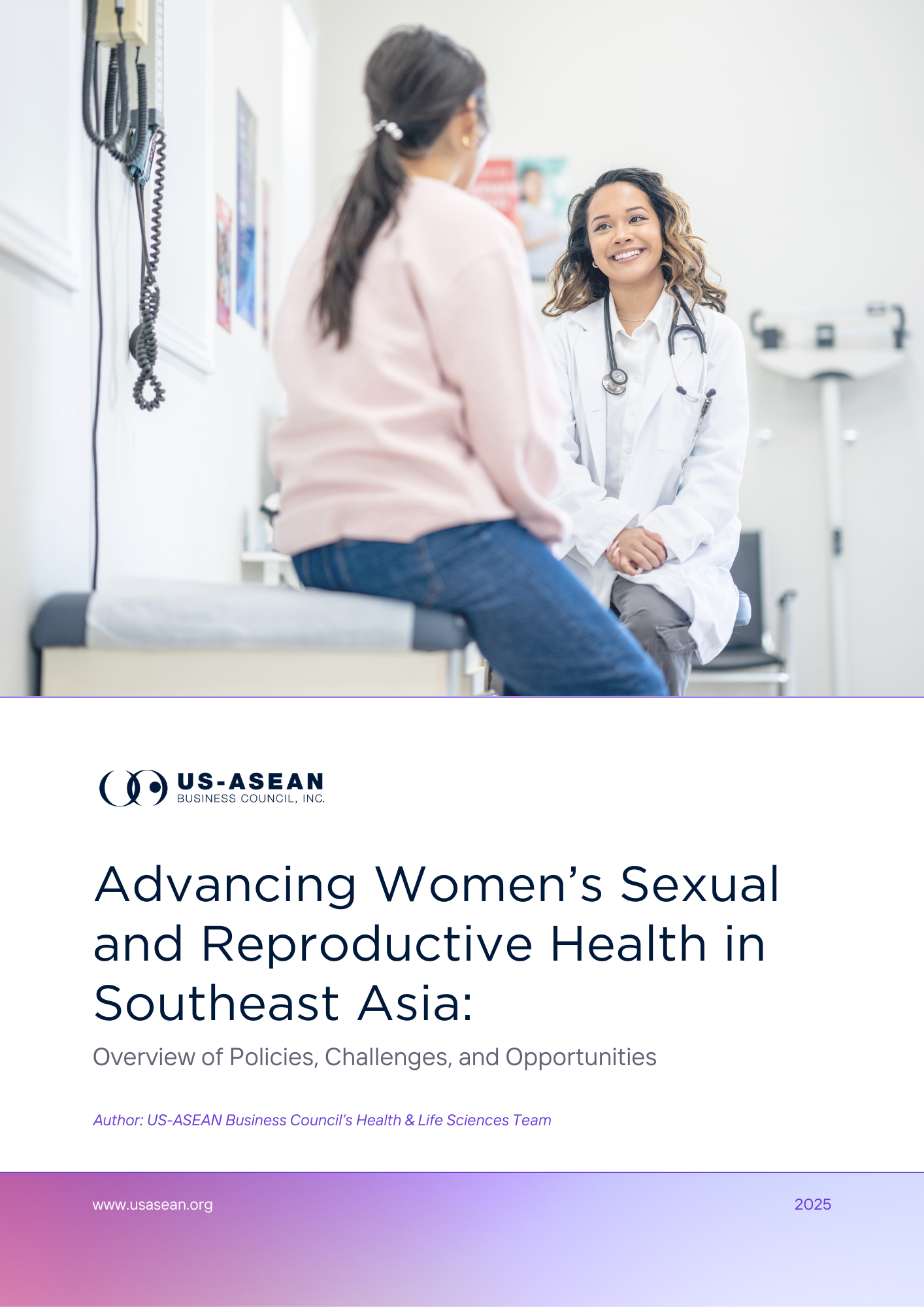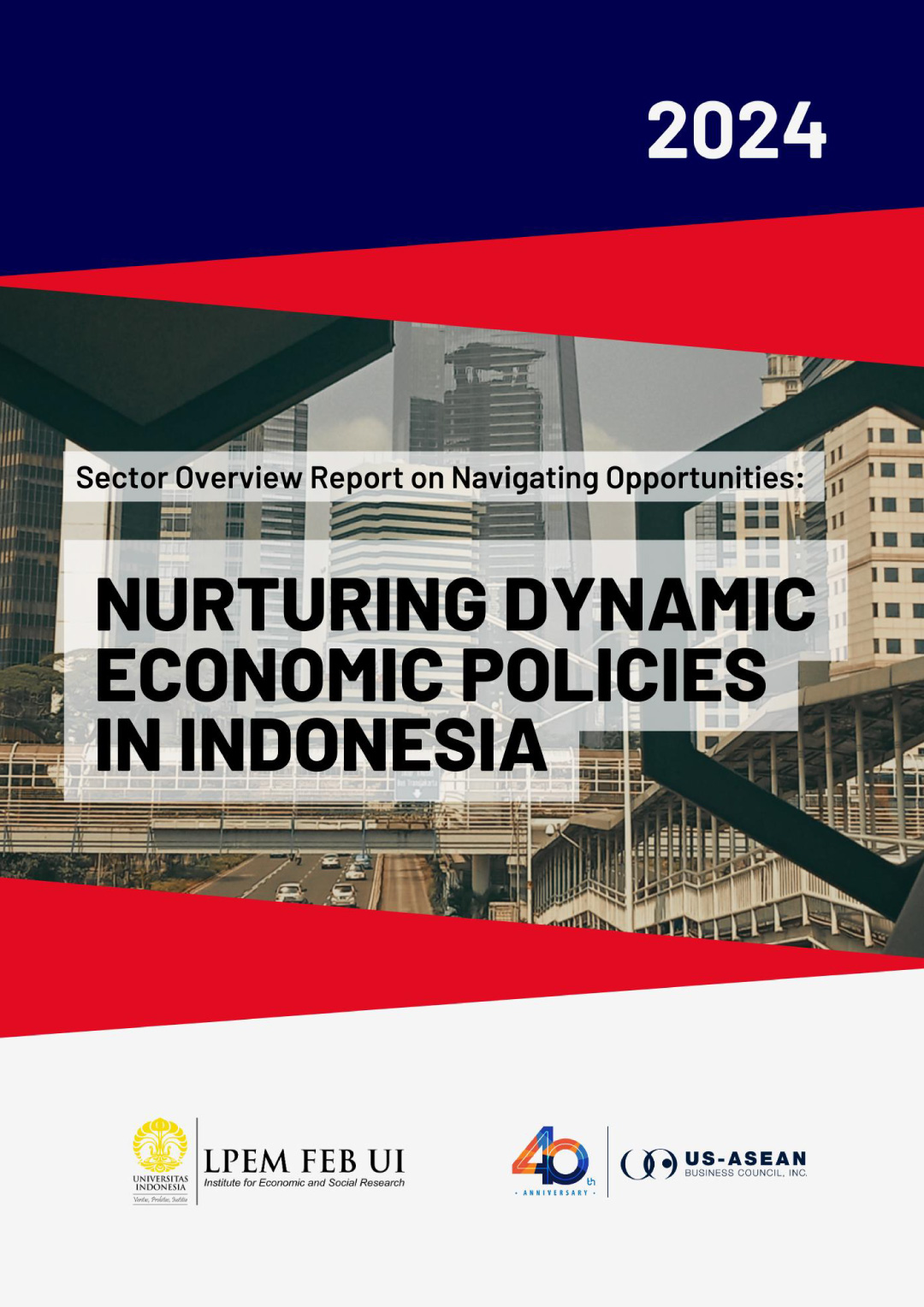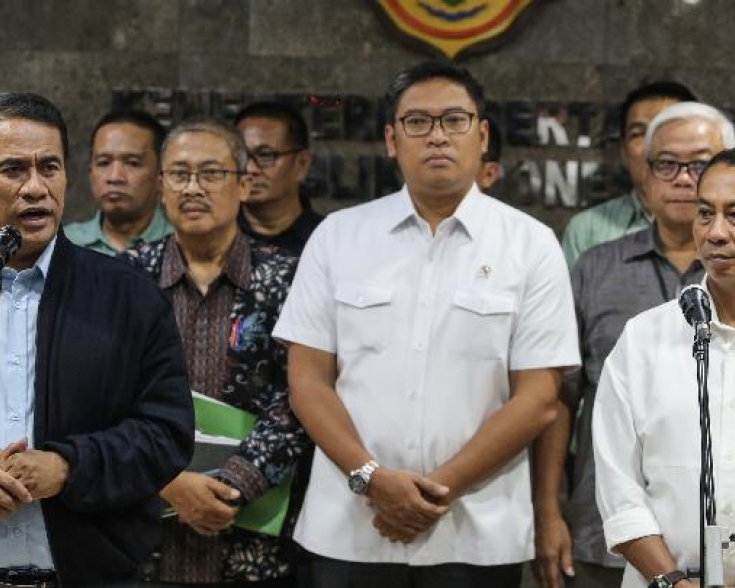Prabowo's Healthcare Initiative: Free Screenings, Health Check-Ups, and Meal Plans for Indonesians

President-elect Prabowo Subianto has unveiled ambitious plans to strengthen Indonesia’s healthcare system through free health check-ups, screenings, and enhanced disease prevention measures. The nationwide health check-up program, set to launch in 2025, aims to reach 55 million citizens, prioritizing those over 50 and individuals at high risk of severe illnesses, particularly tuberculosis (TB). With Indonesia ranking second globally in TB cases and reporting around 100,000 TB-related deaths annually, tackling this issue is a priority. The government has earmarked a total of 5 trillion rupiah (US$330 million) for this initiative, with 3.3 trillion rupiah allocated for the check-ups and 1.7 trillion rupiah dedicated to expanding healthcare infrastructure, including the construction of new hospitals. Additionally, 8 trillion rupiah will support ongoing TB treatment programs. By focusing on preventive care, this initiative aims to reduce the financial burden on the Social Security Agency (BPJS Kesehatan) and improve national health outcomes.
To further address the high incidence of chronic diseases, free screenings for hypertension and diabetes will be offered to individuals aged 50 and above, targeting conditions that often go undiagnosed. In Indonesia, stroke and ischemic heart disease (IHD) were the top two causes of death in 2021, claiming 331,000 and 245,000 lives, respectively, while diabetes resulted in 236,711 deaths. BPJS health insurance claims for IHD in 2023 reached 20 million cases, costing 17.6 trillion rupiah (US$1.1 billion), with stroke cases totaling 3.46 million and costing 5.2 trillion rupiah. Recent surveys indicate that 30.8% of adults (60 million people) have hypertension, while 11.7% (22 million people) suffer from diabetes.
In parallel, the Prabowo administration is addressing malnutrition and stunting, which affects 21.5% of children under five in Indonesia, through a nationwide free meal program for schoolchildren and pregnant women. The initiative seeks to reach 82.9 million people by 2029 with a total estimated cost of 400 trillion rupiah (US$26 billion). Piloted in cities like Jakarta and Semarang, the program provides nutritious school lunches made from locally sourced ingredients. This effort aims to not only reduce malnutrition but also stimulate economic growth by creating 2.5 million jobs and boosting demand for local agricultural products. However, challenges remain regarding the program’s fiscal sustainability and logistical execution across Indonesia's vast and diverse archipelago.


